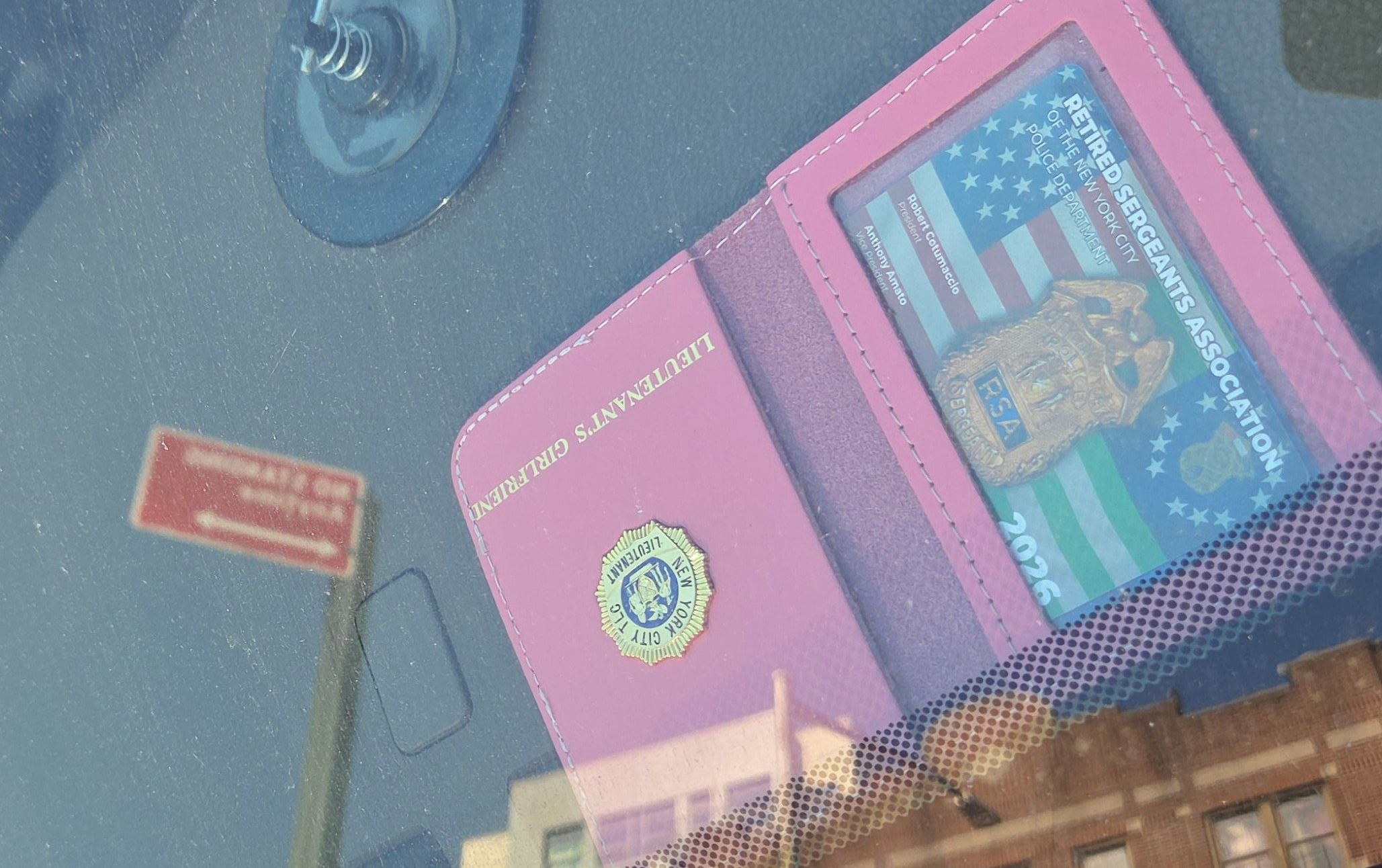When cars were first introduced, writes Jason Segedy at Notes from the Underground, they appeared to signify a tremendous advance for personal mobility and freedom. But Segedy -- who heads Akron's metropolitan planning agency, AMATS -- notes that over time, what has become a near-total reliance on cars for transportation has infringed on our freedom in important and sometimes difficult-to-recognize ways:

Cars are a wonderful convenience for many of us, but they are primarily considered such a great convenience because we have collectively built a society where we have to travel long distances, and therefore need cars.
The very rationale for their convenience is a bit of a circular argument, and it's worth considering that it hasn’t always been that way.
Before the automobile was invented, most people had a fairly convenient and quick way to get where they needed to go -- it was called walking. Cities and towns were built to be navigated easily on foot, and barring long trips to distant locales, most people could get to almost everywhere they needed to go in 20 minutes, just like most of us can today -- but without having to own or operate a car.
Yes, the car has helped us cover long distances more effectively. But it has also made us travel long distances for things that we didn’t always have to -- a loaf of bread, a haircut, a postage stamp, or a box of nails.
We all pay dearly for that freedom now, Segedy writes, through the high personal costs of owning cars, the high public costs of car infrastructure, and the high environmental and social costs that cars impose. And the people who pay the highest price, Segedy says, are those who don't drive. And we tend to forget that:
We’ve reordered our entire society; our built environment; even our very way of life, to serve this machine that we were told would serve us.
If only more transportation agencies had such thoughtful leadership.
Elsewhere on the Network today: Biking in LA shares word of a new study finding drivers give more passing room to cyclists in bike lanes. And Streets.mn explains how small towns use the principles of urbanism to boost tourism.





